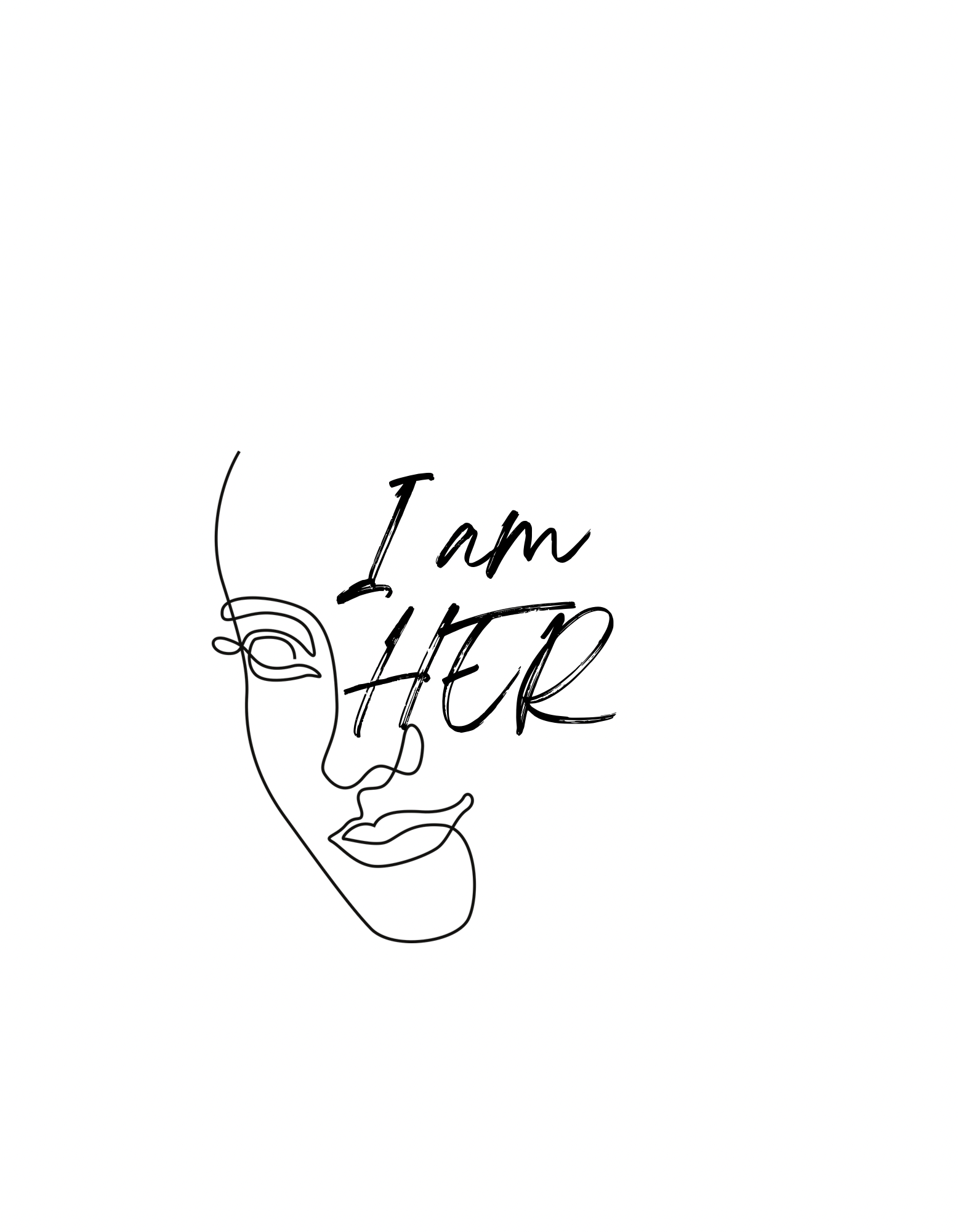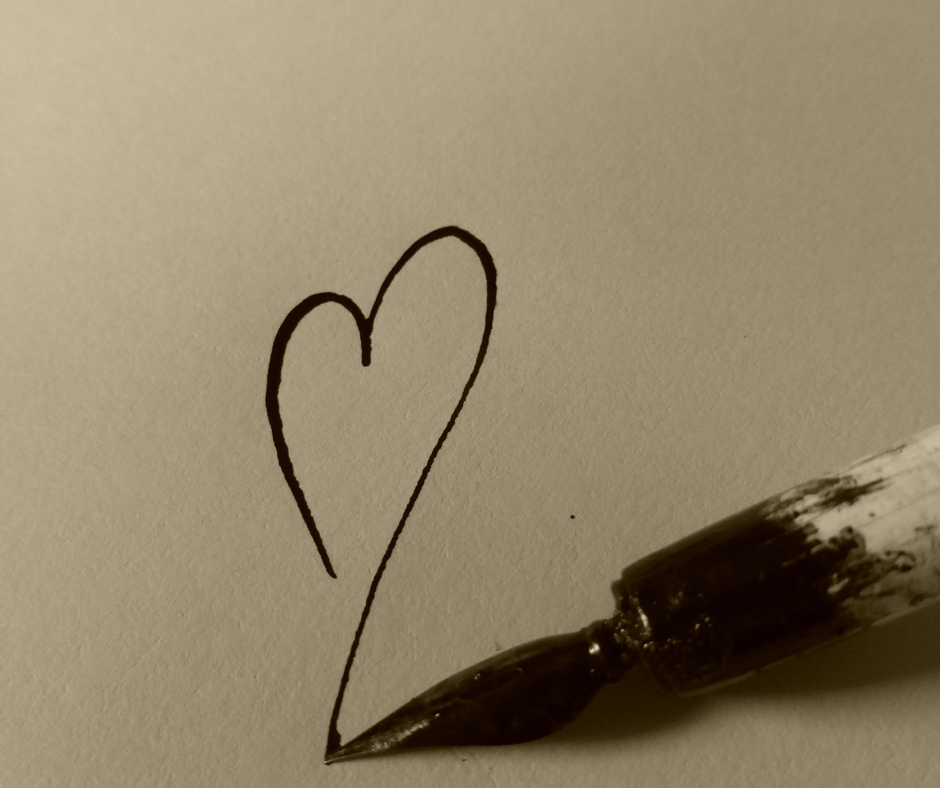The Signs I Ignored, The Truth I Avoided, The Life I Finally Chose: I've Been Lying to Myself (And You Probably Are Too)
- Janine Bowen

- Aug 18, 2025
- 7 min read
Updated: Sep 1, 2025
Warning: the following includes truths, vulnerability, disclosure and calls to action

As I continue with the theme of Radical Self Love (Yes, it has gotten an upgrade since the last blog), I want to zero in on the importance of Healing – specifically, healing the parts of yourself that you've been ignoring while you took care of everyone else. Through my journey, I've discovered that real healing isn't about becoming stronger; it's about becoming more yourself. It's the crucial step that teaches you the difference between surviving for others and thriving for yourself.
At HER COLLECTED, we understand the power of sharing women's stories and their journeys to success. So, I would be remiss if I did not share this very crucial and often painful path I have chosen, so that others who are experiencing the same know that they are not alone.
At the beginning of the year, I made the conscious decision to spend the next 12 months diving deep into myself and healing the parts of me that were in hiding, under the premise that I had already done most of the heavy lifting in the past decade. Little did I know that this declaration would unearth some very unpleasant truths about myself and the environment I created. De-Nile is not only a river in Egypt, but a force that can blind you from your reality.

Understanding Vs Acceptance: The First Step to Self
I'm not sure if my self-awareness is based in ego or truth, but what I can say for sure is that there is a clear difference between understanding a truth and accepting it. I understand that I am a survivor of child abuse and neglect, that a great deal of my life has been draped in manipulation and lies. But accepting that truth requires a deeper integration – and more importantly, it requires me to center myself in my own story rather than constantly centring everyone else's needs, reactions, and comfort.
For years, I could recite my trauma history like reading from a textbook. I understood the psychology behind my responses, could explain to others how childhood experiences shape adult relationships, and even coached women through similar struggles. But understanding something intellectually and accepting it in your bones – while simultaneously putting yourself at the centre of your own healing – are completely different things.
Compartmentalizing became my survival technique – my superpower, really. It allowed me to experience horrible things, neatly put them away on the shelf, and continue with life, focused on everyone else's needs. There may have been brief emotional reactions, but no time to feel the gravity of any given event, because "life goes on" was what I learned was part of my conditioning. There was no time to indulge in self-pity, so I would lie to myself and carry on – always making sure others were comfortable, always prioritizing their healing over mine.
This served me for the vast majority of my life. What looked like strengths from the outside – my hyperindependence, overachieving, hypervigilance, empathy, compassion, resilience, and heightened sensitivity – were actually sophisticated coping mechanisms I used to people-please, prioritize others, and protect myself from ever being vulnerable. These "positive" traits had become toxic when taken to extremes, turning me into someone who could handle everyone else's needs while completely ignoring my own. But like any vessel, it has its limits. And what I didn't realize was that by constantly centring others – their feelings, their comfort, their needs – I had completely decentered myself from my own life.

When the Vessel Overflows: The Cost of Decentring Yourself
As I started to peel the layers of my life back, I realized how I had structured my entire existence around making others comfortable. The dysfunctional and abusive relationships I found myself in weren't just random – they were the natural result of a woman who had learned to center everyone else while making herself invisible. The force field I lived behind wasn't just protection; it was a way to ensure I never took up too much space or made anyone uncomfortable with my actual needs.
I learned that my personality traits – hyperindependence, hypervigilance, avoidance in the face of adversity – were all survival mechanisms designed to keep me small and others comfortable. When my vessel was too full and I hit my limit, the floodgates opened. My emotions ran wild, the smallest inconvenience had me riddled with anxiety, and my concentration, focus, and drive were gone. I was crashing out because I had spent decades living as a supporting character in my own life.
This was the point in my healing where I needed to sift through myself and look at the cost of constantly decentring myself. You see, I realize now my confidence was based on my ability to anticipate and meet everyone else's needs, not on self-love or self-compassion. My worth was tied to how well I could make others comfortable, how invisible I could make my own needs, how perfectly I could perform the role of the "strong Black woman" who never needed anything.
The Uncomfortable Reckoning: Choosing Yourself
These hard truths were difficult to accept because my pride and ego had always played on the fact that I was the one everyone came to, the helper, the fixer, the one who had it all together. All those things are true, but I am also a wounded warrior who had spent so long centring everyone else that I had forgotten I was even in the room.
The signs had been there all along – scattered throughout my life like breadcrumbs leading me back to myself. The exhaustion that sleep couldn't cure, the way my body would tense when someone raised their voice, because I was always on high alert. How I'd automatically make excuses for other people's bad behaviour because I had been conditioned to centre their comfort over my own safety.
But perhaps the most telling sign was how I had built my entire identity around being the one who could handle anything – not because I was strong, but because I had learned that my value lay in my ability to absorb everyone else's pain while never expressing my own.

The Revolutionary Act of Self-Centring
When my carefully constructed world finally cracked open, it wasn't dramatic. It was the quiet realization that I had spent my entire life as a supporting character in everyone else's story while completely abandoning my own.
The breaking point came in the form of chest pains I had been ignoring for weeks – even dismissing them during my trip because I had learned to push through everything, to never inconvenience anyone. When I finally saw my doctor after returning, those chest pains became a symbol of something much deeper: the physical manifestation of a lifetime spent absorbing everyone else's needs.
It was in that moment, sitting in the hospital, that I realized the stress had literally reached my heart. My body was screaming what my voice had been too conditioned to whisper: "Enough."
Enough of being disregarded. Enough of having my safety treated as optional. Enough of watching my dignity be trampled while I smiled and made excuses for everyone else's behaviour. Enough of a lifetime spent making myself small so others could feel big.
That's when I understood that what I had called strength was actually a sophisticated form of self-abandonment. I had become so skilled at reading rooms, managing emotions, and anticipating needs that I had completely lost touch with my own desires, boundaries, and dreams.
The revolutionary act wasn't just healing – it was the radical decision to centre myself in my own life. To decentre the constant focus on others' comfort and recenter my own needs, wants, and well-being. This wasn't selfish; this was survival.
Radical Self-Love as Revolutionary Self-Care
Radical self-love, I learned, isn't bubble baths and positive affirmations. It's the messy, uncomfortable work of putting yourself at the centre of your own life after decades of making yourself invisible. It's learning to speak to yourself the way you would speak to your best friend while simultaneously learning to stop managing everyone else's emotional experience.
For me, radical self-love has looked like:
Saying no to commitments that drained me, even when it disappointed others
Ending relationships that required me to shrink myself to make others comfortable
Taking up space without apologizing for it or managing others' reactions to my presence
Allowing myself to have needs and expressing them, even when it made others uncomfortable
Stopping the automatic impulse to fix, help, or manage other people's emotions
Centring my own healing journey instead of constantly focusing on everyone else's
The Ripple Effect of Self-Centring
What I've discovered is that when you start centring yourself – when you stop making everyone else's comfort your responsibility and start taking responsibility for your own well-being – you give other women permission to do the same. The exhausting performance of being the "strong one" who never needs anything isn't just draining for you; it's a disservice to other women who are watching and learning that their value lies in their ability to disappear.
By sharing our real stories – not just the highlight reels of how well we can manage everyone else's lives – we create space for other women to centre themselves too. We normalize the fact that healing requires putting yourself first, that strength includes having needs, and that it's not only okay to centre yourself in your own life – it's necessary.
Your Turn to Center Yourself
Here's what I want to ask you: Who have you been prioritizing in your life while decentring yourself? In which relationships do you find yourself diminishing your own presence? What scenarios have you arranged to accommodate others' comfort at the expense of your own needs?
I'm not suggesting you become selfish or stop caring about others. But maybe, just maybe, you can start by asking yourself what you actually want instead of immediately jumping to what everyone else needs. Maybe you can practice taking up space without immediately apologizing for it or managing others' reactions to your presence.
Because here's what I know for sure: You are the main character in your own life story. Your needs matter. Your dreams deserve attention. Your healing journey is not selfish – it's sacred work that requires you to centre yourself after years of making yourself invisible.
The Call to Self-Centring and Revolutionary Self-Love
If this speaks to you, I want to emphasize that prioritizing yourself isn't selfish – it's revolutionary. At HER COLLECTED, we believe in the strength of women prioritizing themselves, shifting away from the continuous emphasis on others' comfort, and encouraging one another through the beautiful, chaotic journey of reclaiming our space.
Your wounded warrior deserves to lay down her weapons and learn what it feels like to be the priority in her own life. You deserve to love yourself not despite your needs, but because having needs makes you beautifully, powerfully human.
The signs are there, beautiful. The question is: Are you ready to see them and centre yourself in your own story? 💕
What would change in your life if you made yourself the main character? Share your thoughts in the comments below – your story of self-centring might be exactly what another woman needs to hear today.

#RadicalSelfLove #HealingJourney #SelfCentring #TraumaHealing #MainCharacterEnergy #WomenSupportingWomen #VulnerableStorytelling #SelfLoveJourney #BoundariesMatter #ChoosingYourself #VulnerabilityIsStrength #TellingMyTruth #AuthenticLiving #HealingIsntLinear #MentalHealthMatters #WomenEmpowerment #SelfCompassion #PuttingYourselfFirst #BreakingCycles #HealingTogether #YouAreNotAlone #WomenHealing #PersonalGrowth #SelfAwareness #HERCollected #EmpoweredWomen #RealTalk #TransformationTuesday #WorthyOfLove #HealingCommunity






Comments